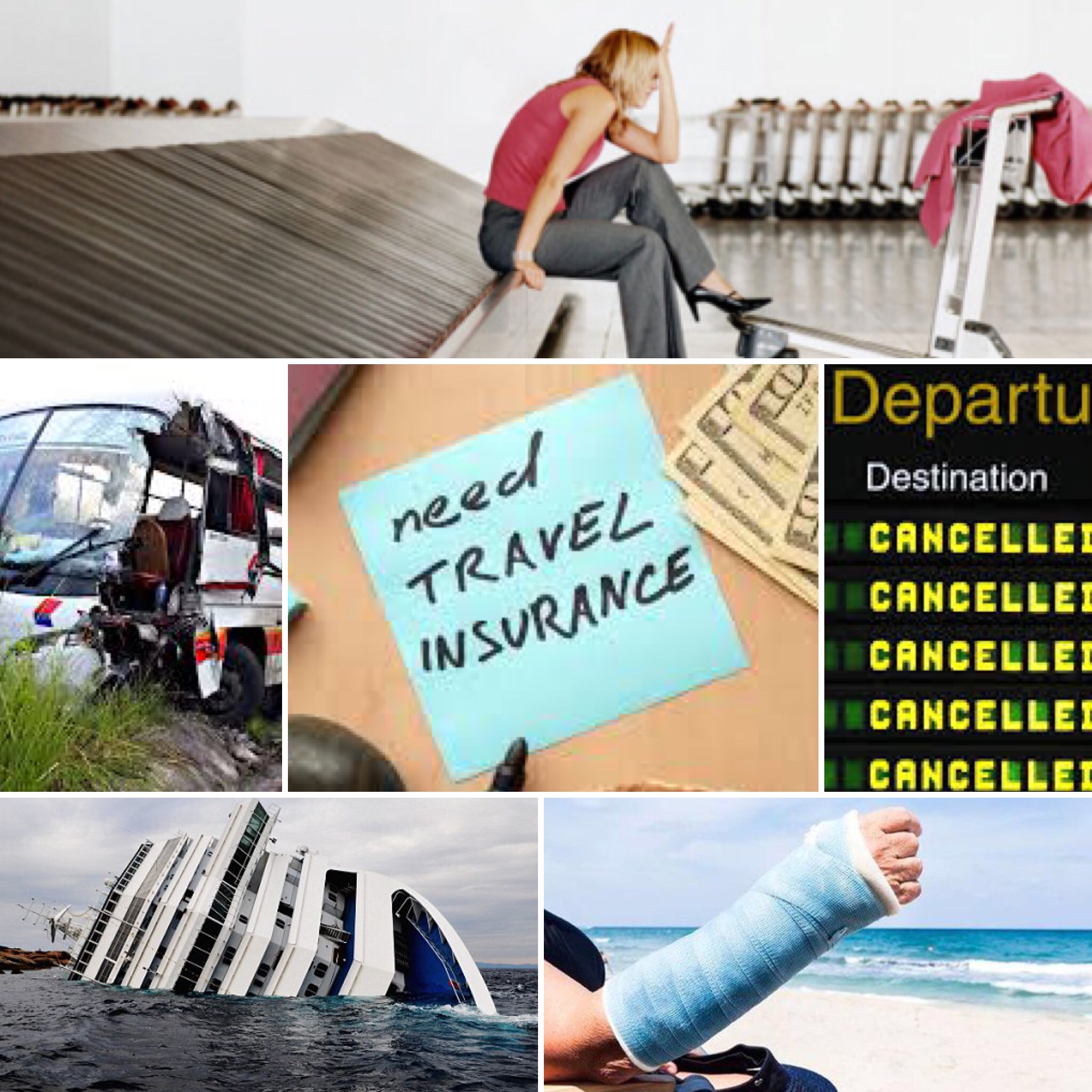Travel insurance is one of those things that takes all the fun out of planning your vacation. People tend to think of it as either an unwanted extra expense or as some sort of jinx—ensuring that Murphy’s Law will be in full effect during their vacation. The truth is just the opposite. Travel insurance is the silver lining to most travel horror stories. We know this because most of these stories end with the phrase, “At least we had travel insurance.”
Do you really need it?
The answer depends on a few things. (1) Are you already covered by either your credit card company or another type of insurance that you currently have? There is no need to pay for insurance if you’re already covered. Check with your credit card company to see if they provide travel coverage and how much they cover. Then check with your homeowners or renter’s insurance to see if they cover things like lost or stolen baggage. You can also check with your healthcare provider to see if they cover you while traveling or if they offer a medical travel insurance package. (2) What is the risk that you and/or your travel arrangements will need to use the insurance? Many places are so well traveled that there is very little chance that you will run into a travel scenario that can’t be easily overcome. (3) Does it make fiscal sense to pay for insurance? Travel insurance can cost as much as 5–10% of your total travel expenditure. If changing a flight or adding a day or two at the hotel costs far less than that, you have your answer.
What Kind of Insurance do I get?
Travel insurance generally brakes down into a couple of different categories. There is General Travel Insurance which covers travel-related losses due to illness, natural disasters, weather events, and canceled flights. It will also cover things like hotel/resort closures, event cancelations, and even pandemics. This is probably the most common form of travel insurance and is well worth the expense for people who end up needing it.
Medical Travel Insurance is worth considering for folks who are traveling in 2nd and 3rd world countries where they might not be capable of providing a similar standard of care. Medical travel insurance will pay for medical expenses during your vacation. It can even pay for a return trip to seek medical care in your home country. This type of insurance is often bundled with general travel insurance as a package but it can be purchased on its own. Note: Medical travel insurance can be just as important when traveling to 1st world countries. It is particularly important for folks traveling into the United States where the universal health coverage of other countries does not apply.
Adventure travelers might also sign up for Emergency Medical Travel Insurance. This type of insurance applies to people engaged in extreme sports or backcountry travel. It typically covers emergency evacuations from remote or rural areas with limited access. Medical evacuations from these areas can be extremely expensive and could easily bankrupt anyone living on a modest income.
Finally, there is baggage insurance. This is exactly what it sounds like. This is best for folks who travel with lots of gear, high-end items, expensive electronics, or special equipment.
Can you get by without it?
Again, it depends. What we can say is…
If you’re signed up for a multi-day trip with hotel, airfare, and ground transportation included, you should probably get travel insurance. If you’re going to an all-inclusive resort or cruise with airfare included, you should definitely get travel insurance.
Traveling light (carry-on only)? Skip the baggage insurance. Still not convinced? Check to see if your homeowners/renters insurance covers your stuff. That should seal the deal. Note: Always backup your phone/computer.
International travelers—unless you’re traveling to a country with universal healthcare, always get medical travel insurance. You never know what could happen.

